Is it time to drink a cup of hawthorn tea? If you happen to have dried fruit and hawthorn leaves in your cupboard, make a healing hawthorn tea straight away.
A cup of hawthorn tea is a great alternative if you have a sore throat, suffer from insomnia and have heart problems. Hawthorn tea is available in bulk, with dried whole, sliced or crushed fruit and is often enclosed in a plastic bag, which is then packed in cardboard or paper packaging for better storage.
Drink hawthorn tea up to three times daily after meals, using 1 teaspoon of hawthorn leaves and flowers or hawthorn tea soaked in 250 milliliters of water.
Scientists have found that hawthorn dilates the blood vessels, which allows more blood to flow to the heart and lowers the blood pressure. Hawthorn is also known to be good for dyspepsia and kidney stones.
On the other hand, the ancient Greeks considered the red fruit and the delicate pink flowers of the hawthorn to be a symbol of hope and happiness.
As mentioned, hawthorn tea is used for heart and blood vessel diseases, chest pain and irregular heartbeat. It is also used to treat both low and high blood pressure, 'hardening of the arteries' (atherosclerosis) and high cholesterol.
Hawthorn is generally safe, although side effects such as nausea, sweating, fatigue and rashes can sometimes occur. The herb can also drastically lower blood pressure and cause symptoms such as dizziness and seizures, even for people who have normal blood pressure and do not suffer from heart disease.
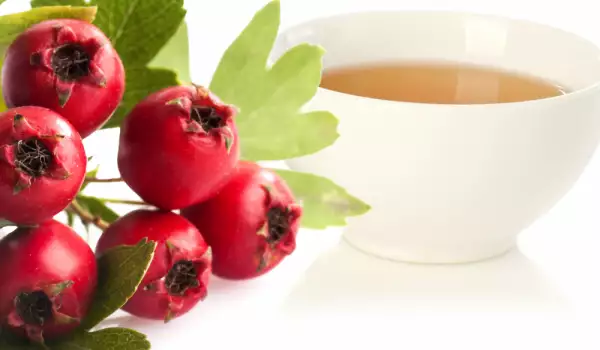
Hawthorn is a blossoming shrub or tree of the Rose family. Historically, hawthorn has also been used for digestive and kidney problems. It is also used for anxiety.
Hawthorn is also a powerful diuretic. It can reduce fluid retention, which means it can improve the symptoms of congestive heart failure.
Hawthorn is extremely suitable in the treatment of anxiety and panic attacks, in addition to relieving the physical and emotional effects of stress and insomnia, as it has a strong relaxing effect on the central nervous system.
Hawthorn tea (from organic loose leaves and flowers) does not contain caffeine.
Different brands and forms of hawthorn supplements have different dosing recommendations.
According to a study, the minimum effective dose of hawthorn extract for heart failure is 300 mg daily. Typical doses are 250-500 mg, three times a day. It is best to consult a doctor and only then start consuming larger amounts of hawthorn tea.

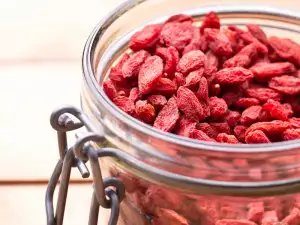
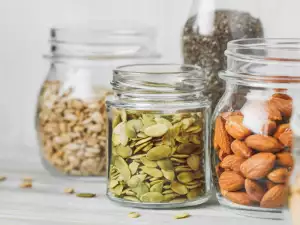





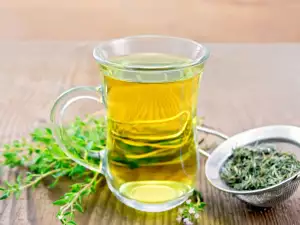




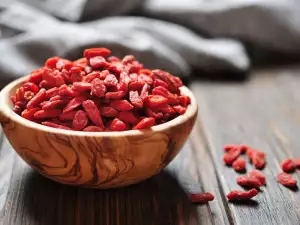

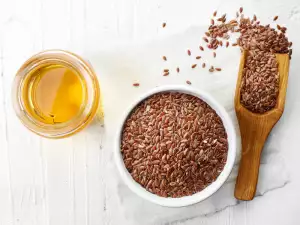




Comments